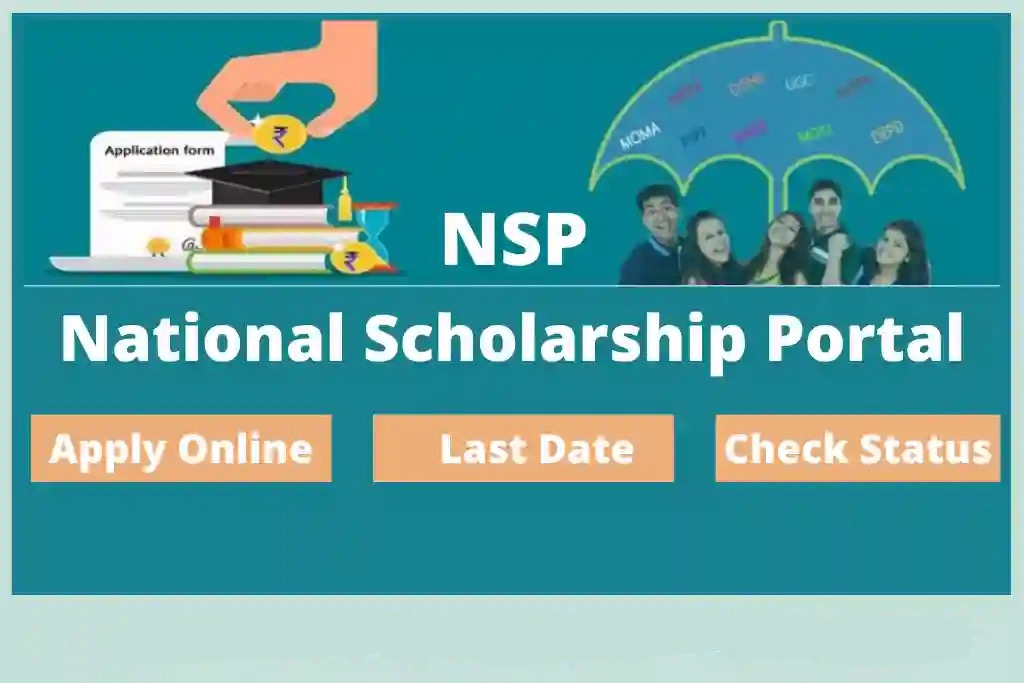The Ministry of Education recently announced the cancellation of pre-matric scholarships for students in classes 1 to 8 under the National Scholarship Portal (NSP). This decision has led to disappointment and financial uncertainty for many students and their families. The impact is particularly significant for students from underprivileged backgrounds who heavily depended on this scholarship to support their education.
Reasons for the Cancellation:
The Ministry of Education attributes the cancellation of pre-matric scholarships to the implementation of the Right to Education (RTE) Act, 2009. This legislation ensures free and compulsory education for all children, including those from Scheduled Castes (SC), Scheduled Tribes (ST), Other Backward Communities (OBC), and minority communities. The rationale is that the Act obviates the necessity for additional financial aid to these students.
Critics, however, contend that the RTE Act does not adequately address the needs of underprivileged students, especially those in rural areas where challenges such as inadequate infrastructure, a shortage of trained teachers, and a lack of essential learning materials persist in many government schools.

Furthermore, the argument that the RTE Act automatically ensures financial security for underprivileged students ignores the reality of poverty and the additional costs associated with education, such as transportation and books.
Impact on Students:
The cancellation of the NSP Scholarship has left many students and their families scrambling to find alternative sources of funding for their education. This is particularly concerning for families who were already struggling to make ends meet and relied on the scholarship to cover basic educational expenses.
Alternative Options:
While the cancellation of the NSP Scholarship is a setback, several other scholarship programs and schemes remain available to students from underprivileged backgrounds. These include:
- State Government Scholarships: Many state governments offer their own scholarship programs for students belonging to SC, ST, OBC, and minority communities.
- NGO-Sponsored Scholarships: Non-governmental organizations (NGOs) often partner with private donors to award scholarships to deserving students.
- Merit-Based Scholarships: Several institutions offer merit-based scholarships to students who demonstrate exceptional academic performance.
- Corporate Social Responsibility (CSR) Initiatives: Many corporations have CSR initiatives that include scholarship programs for underprivileged students.
Exploring these alternatives can help students bridge the financial gap and continue their education. Additionally, students and their families can consider seeking financial assistance from community organizations, religious institutions, and individual philanthropists.
Way Forward:
The cancellation of the NSP Scholarship has raised important questions about the government’s commitment to supporting education for underprivileged students. Moving forward, it is crucial for policymakers to consider the following:
- Reviewing the effectiveness of the RTE Act in ensuring access to quality education for all.
- Identifying the gaps in the existing education system that disproportionately impact underprivileged students.
- Developing alternative support mechanisms, such as targeted scholarship programs, to address these gaps.
- Engaging actively with stakeholders, including students, families, educators, and community leaders, to understand their needs and concerns.
Addressing these critical issues is essential to ensure that education remains accessible and affordable for all, regardless of their socioeconomic background.
Conclusion:
The cancellation of the NSP Scholarship is a significant setback for many students, but it should not be viewed as insurmountable. By exploring alternative options, seeking support from various sources, and advocating for systemic change, students and their families can work collaboratively to overcome this challenge and ensure that education remains within reach for all.









Hii